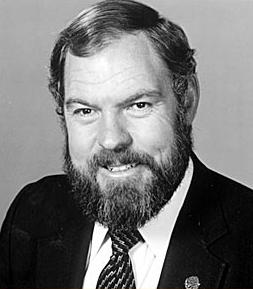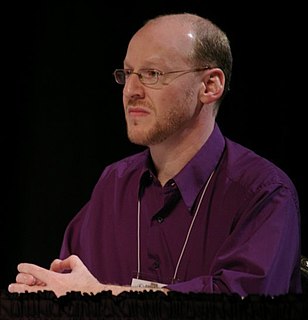A Quote by Alice Dreger
When all is said and done, science actually takes hard work and a willingness to sometimes find out that your most cherished hypothesis is wrong.
Related Quotes
The whole point of science is that most of it is uncertain. That's why science is exciting--because we don't know. Science is all about things we don't understand. The public, of course, imagines science is just a set of facts. But it's not. Science is a process of exploring, which is always partial. We explore, and we find out things that we understand. We find out things we thought we understood were wrong. That's how it makes progress.
Keynes was a great economist. In every discipline, progress comes from people who make hypotheses, most of which turn out to be wrong, but all of which ultimately point to the right answer. Now Keynes, in 'The General Theory of Employment, Interest and Money,' set forth a hypothesis which was a beautiful one, and it really altered the shape of economics. But it turned out that it was a wrong hypothesis. That doesn't mean that he wasn't a great man!
I would be lying, however, if I claimed that I could always formulate worthwhile hypotheses on the basis of my theoretical framework. Sometimes there were no reflexive processes to be found; sometimes I failed to find them; and, what was the most painful of all, sometimes I got them wrong. One way or another, I often invested without a worthwhile hypothesis and my activities were not very different from a random walk.
That is the trouble with many inventors; they lack patience. They lack the willingness to work a thing out slowly and clearly and sharply in their mind, so that they can actually "feel it work." They want to try their first idea right off; and the result is they use up lots of money and lots of good material, only to find eventually that they are working in the wrong direction. We all make mistakes, and it is better to make them before we begin.
So if we can't express it or repress it, what do we do when we feel angry? The answer is to recognize the anger, but choose to respond to the situation differently. Easier said than done, right? Can you actually imagine trying to strong-arm your anger into another, more amicable feeling? It would never work. Determination alone won't work. It takes a new intelligence to understand and manage our emotions. By getting your head and heart in coherence and allowing the heart's intelligence to work for you, you can have a realistic chance of transforming your anger in a healthy way.
[Coining phrase "null hypothesis"] In relation to any experiment we may speak of this hypothesis as the "null hypothesis," and it should be noted that the null hypothesis is never proved or established, but is possibly disproved, in the course of experimentation. Every experiment may be said to exist only in order to give the facts a chance of disproving the null hypothesis.
You should pursue your passion. If you're passionate about something and you work hard, then I think you'll be successful. If you start a business because you think you're going to make a lot of money at it, then you probably won't be successful, because that's the wrong reason to start a business. You have to really believe in what you're doing, be passionate enough about it so that you will put in the hours and hard work that it takes to actually succeed there, and then you'll be successful.





































